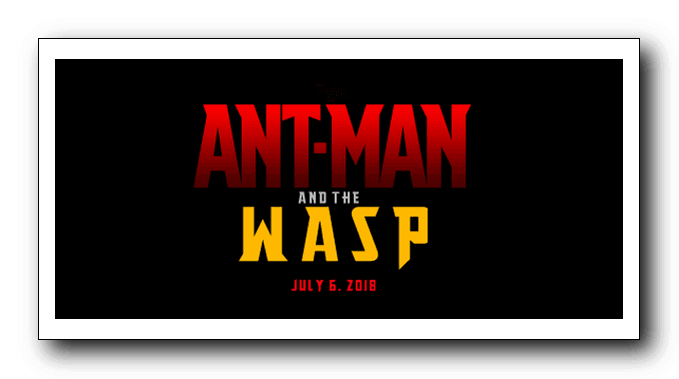You come to an audition to show your skills as an actor. When you arrive at the audition, you should have with you an 8 x 10 photo and resume. You should also have your appointment book with you in case you need to know if you can be available for the part if you book it. Most auditions are set by appointment, so be sure you arrive fifteen minutes early, and expect to stay until you are seen.
When you arrive (at most auditions) there will be a “sign-up” sheet for you to sign. This sheet will vary in content. If the call is for union actors, the sheet will include social security information, union information, age range and other information the union requires to keep auditions fair for their members, e.g. time of your call and time you finished the audition.
If it is for a non-union call, there may be just a piece of paper for you to sign your name, so that you may be called in the order you arrive.
At some auditions, you will be asked before you arrive to have one or two monologues prepared in advance, each two or three minutes or under. Some auditors (the people who audition you) will want to see contrasting monologues, such as a comedic and a serious monologue, or a classical and a contemporary monologue. Always remember to keep to the time limitations asked of you. The idea is that the auditor can usually get a good indication of your abilities in the two minute time frame. Often there are many other actors waiting to be seen, and if you go over the time limit, the patience of the auditor might go against you in his/her evaluation of your work.
At other auditions, you may be asked to perform a “cold reading” from the play, commercial, industrial or movie script. You will be given “sides” (a small section of a script, usually one to ten pages) and a chance to look them over before you “perform” the audition. In this case, I recommend that you find a comfortable and relatively quiet spot to prepare your work. The concentration necessary to deliver quality work with such limited preparation is intense. If you find yourself in the waiting room chatting with other actors, you’ll usually not be at your best when you are called to perform. The temptation to become involved in these chat-fests is great. You should avoid this temptation.
Occasional you will be asked to improvise something which may or may not have anything to do with the project. Be prepared.
